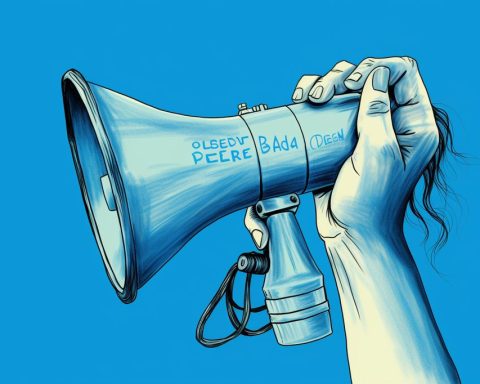The recent ruling by the European Court of Human Rights (ECHR) in favor of South African athlete Caster Semenya is a significant milestone in the fight against discriminatory regulations in the world of athletics. The ECHR upheld Semenya’s dignity and emphasized the importance of safeguarding women’s rights in sports, offering hope and support to female athletes who have faced unjust treatment.
Background
On July 11, 2023, the ECHR ruled in the case of Semenya vs Switzerland, stating that the World Athletics Regulations on Female Athletes with Differences of Sexual Development (DSD) violated the prohibition of discrimination and the right to respect for private life. These regulations forced Semenya to undergo hormone therapy to reduce her testosterone levels, preventing her from competing in her preferred international athletics events.
Importance of the Ruling
The ECHR’s decision highlights the inadequacy of institutional and procedural safeguards and sets a precedent for future cases involving female athletes with DSD. It emphasizes the significance of establishing proper institutional and procedural safeguards for athletes whose rights have been violated.
Semenya’s Achievements and Struggle
Semenya is an exceptional athlete, with two Olympic gold medals and three World Championship titles. However, she faced continuous discrimination and offensive treatment throughout her career. Despite this, Semenya never gave up her fight for dignity and justice.
Minister’s Response
Department of Sport, Arts, and Culture Minister Zizi Kodwa praised Semenya’s perseverance and reiterated the necessity for protecting women’s rights in sports. The government is committed to assisting both Semenya and Athletics South Africa (ASA) in their ongoing efforts to defend women athletes’ dignity and rights.
Significance of the Ruling
The ruling not only vindicates Semenya’s struggle but also brings attention to the broader issue of gender discrimination in sports. It emphasizes the importance of fostering an environment in which all athletes can thrive, regardless of their differences. The battle continues for Caster Semenya and other female athletes who face similar discriminatory regulations. However, the recent ECHR decision serves as a beacon of hope for those who seek justice and equality in the realm of sports.
The fight for women’s rights in sports is far from over. It is crucial to recognize that women’s rights are human rights, and no individual should face discrimination based on their biological makeup. By supporting women’s rights in sports, we can ensure a more inclusive and equitable future for athletes across the globe. Caster Semenya’s victory in the ECHR is a triumph for women’s rights in sports and a step towards a fairer and more just world.












